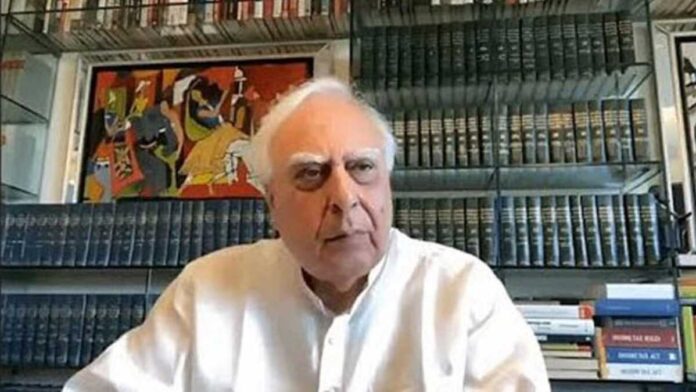In a scathing critique delivered on Friday, Rajya Sabha MP and senior advocate Kapil Sibal voiced concerns that the recently enacted Bharatiya Nyaya Sanhita (BNS) and Bharatiya Nagarik Suraksha Sanhita (BNSS) are significantly more oppressive than their predecessors, the Indian Penal Code (IPC) and the Code of Criminal Procedure (CrPC), which they replaced on July 1, 2024.
Speaking at the inaugural lecture on Crime and Punishment hosted by the Vidhi Centre for Legal Policy, Sibal, who also presides as the president of the Supreme Court Bar Association, emphasized that the intent behind these laws is to control various sectors of society, including social media, farmers, and students. “We are moving to a totalitarian system,” he declared, suggesting that the laws allow for the ruling party to target and prosecute opposition members indiscriminately.
Despite Union Home Minister Amit Shah’s assertion that these laws mark a departure from the colonial era and have been liberalized, Sibal argued the opposite is true. “It is creating havoc in this country,” he said, pointing out the suspicious nature of arrests and the reliance on documents under these new statutes.
The senior lawyer-politician also highlighted potential conflicts with the Constitution, questioning the consistency of these laws with Article 21, which guarantees the right to life and personal liberty. He criticized the government’s focus on enforcing these laws rather than addressing real issues such as empowerment and unemployment, which he believes are being neglected.
Also Read
Sibal also challenged the appropriateness of the names given to the new codes. He argued that a penal code, like BNS, should reflect its role in addressing offenses against society, not just deliver ‘nyay’ or justice. Similarly, he questioned the relevance of ‘suraksha’ or safety in the context of BNSS, which is fundamentally a procedural code.




